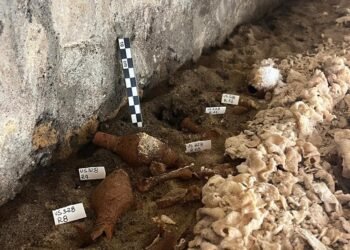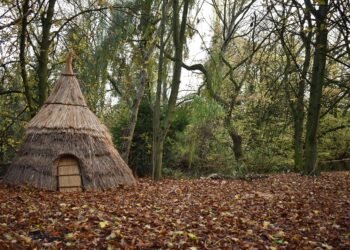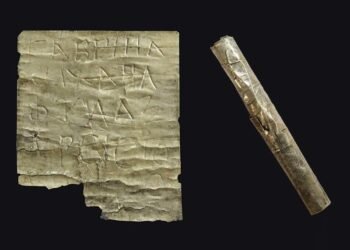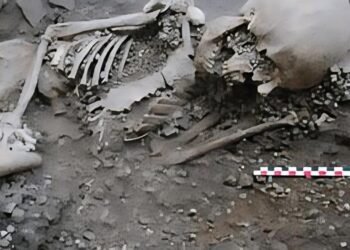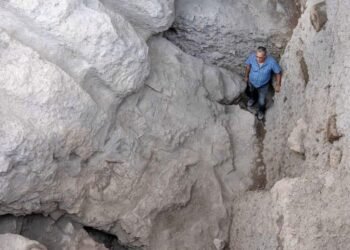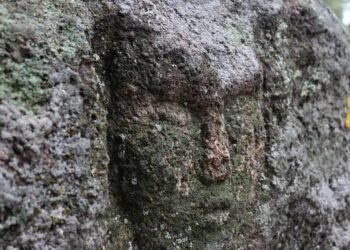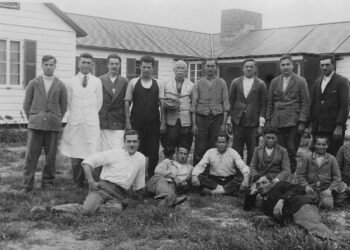Archaeologists from the Special Superintendence of Rome have uncovered the remains of Nero’s Theater, in the courtyard of the Palazzo della Rovere, a Renaissance building in Rome, Italy. It was an imperial structure that had been described in ancient Roman texts but had never been located before.
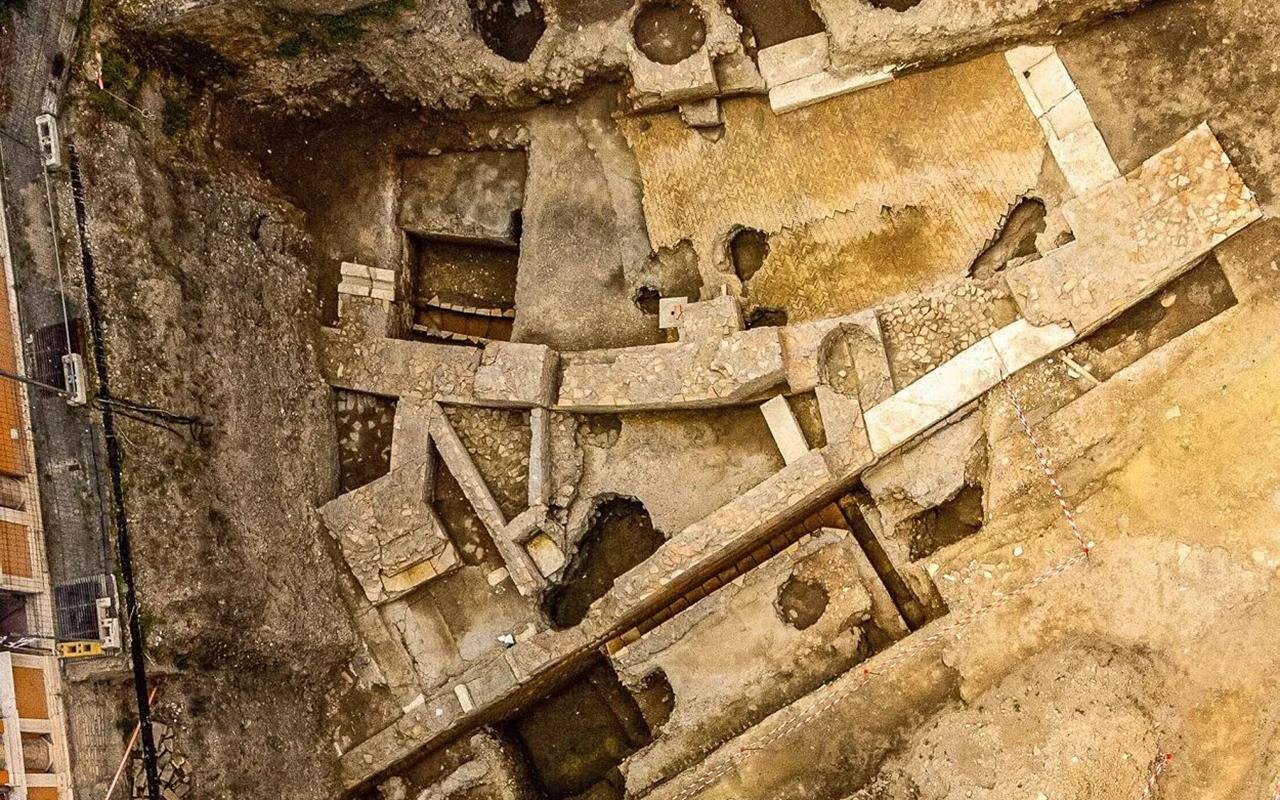
The excavation, which began in 2020 as part of a renovation project, has revealed structures that mirror the descriptions of the theater where Emperor Nero rehearsed his poetic and musical performances.
The theater is believed to have been an imperial commission, reflecting Nero’s status as a powerful ruler and patron of the arts.
Historians and archaeologists have long been curious about the exact location of the Theatrum Neroni. Ancient chroniclers such as Pliny, Suetonius, and Tacitus had written about the theater, and this discovery aligns with their accounts. The identification of the theater’s elaborate and sumptuous style, as described in ancient texts, has confirmed its authenticity.

Emperor Nero, who ruled the Roman Empire from 54 to 68 CE, was known for his passion for the arts and frequently appeared as an actor, poet, musician, and charioteer.
The theater was used for rehearsals of his singing performances in the Theatre of Pompey and is believed to have been the place where he witnessed the great Fire of Rome in 64 CE.
The excavation also yielded a trove of other ancient Roman artifacts dating back to the 10th century, including rare African marble columns, stucco walls adorned with gold leaf, colored glass goblets, pottery vessels, and even animal bones fashioned into combs and musical instruments.
Personal objects like rosary beads and bronze amulets, possibly related to pilgrimage, were also discovered. Among these artifacts, seven glass chalices from the era were found, doubling the previously known number.

The findings are considered exceptional, providing a rare glimpse into Roman history spanning from the Roman Empire to the 15th century. Due to their historical significance, the movable antiquities will be relocated to a museum, and some of the best-preserved objects will be showcased within the upcoming Four Seasons hotel set to open in 2025 at the Palazzo della Rovere.
Marzia Di Mento, the lead archaeologist, and Leonardo Visconti di Modrone, the governor general of the Vatican order, both emphasized the rarity of such discoveries from this period in Roman history. The ruins of Nero’s Theater will be reburied once all studies and research have been completed.



